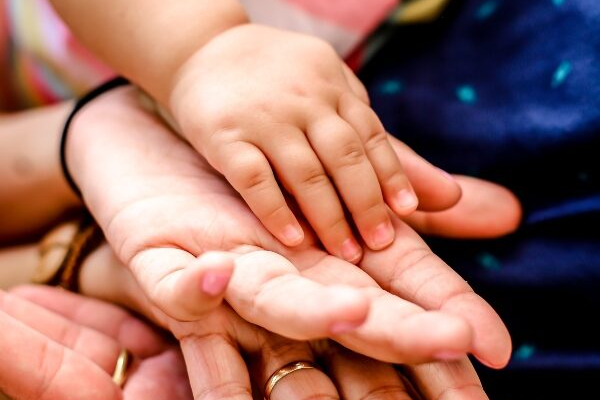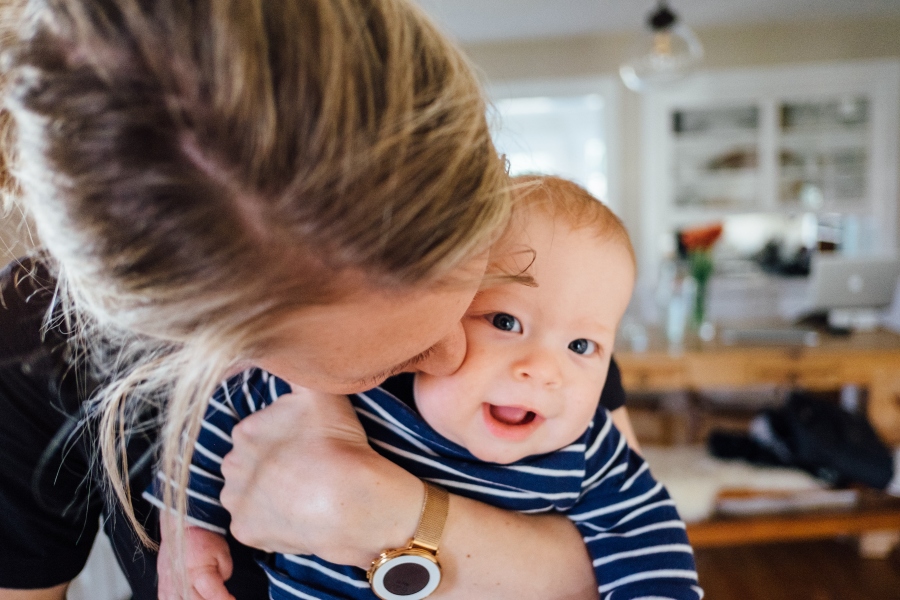Single or ‘solo’ mothers conceive children in different ways including:
- through egg, sperm or embryo donation at UK fertility clinics,
- through egg, sperm or embryo donation at overseas fertility clinics,
- with the help of someone they already know (either conceiving at a fertility clinic or through home insemination), or
- with a donor or co-parent found for the purposes of conceiving together, for example via a matching website (again, either conceiving at a fertility clinic or at home).
This guide steers you through what you need to know about UK law.
How does the law regulate donor conception for solo mums in the UK?
If you conceive at a fertility clinic in the UK, your treatment will be subject to the rules set by the law and by the UK regulator the Human Fertilisation and Embryology Authority. These set out the support and information you must be given, the consent forms you need to sign, the screening that has to be carried out on egg, sperm and embryo donors, and the numbers of families that can be created by each donor.
If you have conceived at a clinic in the UK (after 1991), your child’s details will also be kept on the Human Fertilisation and Embryology Authority’s Register of Information. You will be able to access non-identifying information about your donor and any donor-conceived siblings your child has in (up to ten) other families. Once your child reaches the age of 18, they may also be able to ask for the donor’s identity and to be put in touch with any donor-conceived genetic siblings.
Find out more about donor conception at UK fertility clinics.
What if I conceive at a fertility clinic outside the UK?
If you conceive at a fertility clinic outside the UK, these rules will not apply. What information is available about your donor/s, what screening is carried out and so on will depend on the law and the clinical practice in the country where you are having your treatment.
What happens if I conceive with a known sperm, egg or embryo donor?
Conceiving with a known donor gives you the opportunity to know more about the donor you choose, and to facilitate your child having a relationship with the donor during childhood. A relative or a friend may have offered to help you, or you may find a known donor via a matching website or agency.
As you and your donor will know who each other are from the outset, it is important to understand what might happen if there is a dispute between you about the donor’s role. To help avoid problems, you should take time to build strong foundations at the outset and you should consider putting in place a pre-conception agreement. Find out more about UK law on known donation arrangements.
Co-parenting arrangements
If you want your child’s biological father to have more involvement in his or her upbringing, you may be considering a co-parenting arrangement. Co-parenting is different to known donation in that both parents act as parents and share responsibility. If the father is in a same-sex relationship then his partner may also be a co-father. Find out more about the law on co-parenting arrangements.
Who will the legal parents of my child be?
If you give birth to your child, you will be the legal mother. This is the case whether you use your own eggs or donor eggs, and wherever in the world you conceive. Any donor who donates eggs to you will not be a legal parent of your child.
Whether your child has a legal father – or no legal father – depends on your situation and how you conceive. A sperm donor who donates though a UK licensed fertility clinic and is unknown to you will not be your child’s legal father (which means that your child will have a mother but no legal father, and the father’s section on the birth certificate will be left blank). A known donor who donates to you privately at home will be your child’s legal father, and could be named on the birth certificate but does not have to be. In other situations (including embryo donors and known sperm donors/co-parents with whom you conceive at a UK fertility clinic) the law may be more complicated and it is sensible to get legal advice on your particular situation.
If you are considering starting a family by yourself but you are still married or in a civil partnership, you also need to take care. The law says that your husband, wife or civil partner is the other legal parent of your child, unless you can ‘show’ that he or she does not consent to the conception.
Find out more about legal parenthood after donor conception.
The importance of a well-drafted will
It is always sensible to put in place a will when you start a family, but this is even more important if you are your child’s sole legal parent. Your will can nominate someone to care for your child in the event of your death, and can create appropriate trusts to look after your assets for your child until he or she is mature enough to receive them.
What are your rights if you are storing eggs, sperm or embryos for the future?
Many solo mothers store donated sperm or embryos, usually with a view to conceiving a genetically-matched sibling at a later stage. If you have donated sperm or embryos stored at a fertility clinic in the UK, they will be subject to the rules on storage set by the law and the Human Fertilisation and Embryology Authority.
Find out more about your rights in relation to stored eggs, sperm or embryos.
The UK’s leading conception lawyers
Find out more about how we support those creating families
Related articles

Donor conception at UK fertility clinics
The Human Fertilisation and Embryology Authority regulates fertility treatment with donor eggs, sperm or embryos in the UK. Anyone who collects, stores or uses human gametes or…

Known donation arrangements (UK law)
Known donation arrangements cover a wide range of different personal circumstances. In some cases a known egg, sperm or embryo donor is a relative, friend or someone else…

Surrogacy law for single parents
Surrogacy is a way of building a family for both single mums and single dads. For single dads, it may be your main path to conceiving. For single mums, there are a range of possible…
